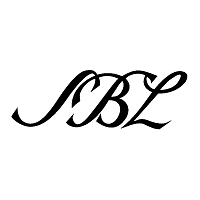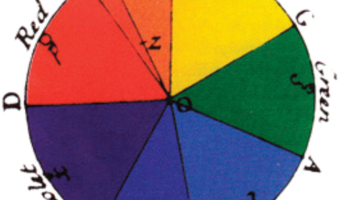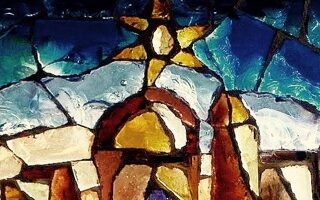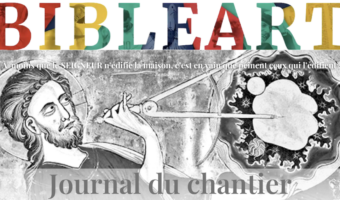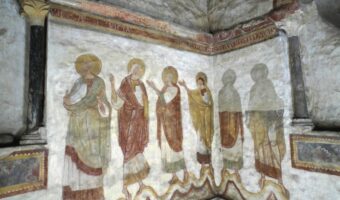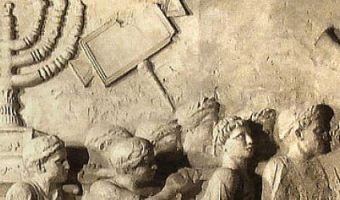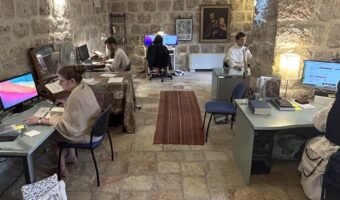Several members of the Ecole biblique, many associated with the Bible in Its Traditions, will be present at the SBL meeting in Berlin. We recommend in particular the following panel, on the 9th.
Justification beyond the Reformation Debates
11:00 AM to 12:30 PM
Room: Seminarraum 1.607 – Universitätsgebäude am Hegelplatz; Dorotheenstraße 24 (DOR 24).
Moderator: Lukasz Popko, O.P., Ecole biblique et archéologique française, director of our Editorial Committee, Jerusalem
“A Participationist Eschatological Reading of Justification in Galatians, Philippians, and Romans”
Gregory Tatum, O.P., Ecole biblique et archéologique française, Jerusalem
From Albert Schweitzer and William Wrede to Krister Stendahl and E. P. Sanders, an important segment of Pauline scholarship has attempted to bracket off the Reformation Debates in approaching the question of Paul’s theology. Since Paul’s presuppositions and issues differed so markedly from those of the great figures on the many sides of those debates, Schweitzer’s epigones have attempted to avoid the trap of anachronism in their historical approaches to the question. This is particularly necessary for the treatment of justification; a contemporary reading can analyze Paul’s arguments on the circumcision of Gentile believers which make use of justification language (Gal 2-3, Phil 3, Rom 1-4) as a central instance of his thoroughgoing participationist eschatology.
[30 minutes]
“Philippians 3, Participation and Past Voices”
Mark Elliott, St. Andrews University, St. Andrews, Scotland (prof. Elliott dealt with the Reformed reception in our edition of Philippians.
« I will spend the first half of my response in part picking up on the issues raised by Gregory in his paper, then providing a short account of three Reformation readings of Philippians 3: Catholic, Lutheran and Reformed, to help consider what ‘participation’ might mean. I will conclude with a plea for Reformation or Early Modern exegesis to be neither fetishised nor ignored and will give a few examples of where New Testament scholars would do well to read the work of historians of exegesis. »
[20 minutes]

« Justification in Paul: Beyond Some Conundrums »
Douglas Campbell, Duke University, Durham, North Carolina
It is indisputable that converts to Paul’s « Jesus movement » did not structure their lives ethically in strict relation to the Jewish Torah. It is was this position that gave rise–at least in part–to much of the controversy surrounding Paul in the early church. Contrary to much current suggestion, a conventional account of Justification cannot account for this position in Paul, which is to say that it cannot account for Paul’s signature issue. A careful analysis of the argumentative options presented by the conventional account suggests a nasty conundrum of either outright libertinism or full Torah-observance, neither of which explains Paul’s obvious position. This realization entails a reconsideration of justification language and argumentation in Paul so that they align more closely with the powerful and deeply orthodox arguments he makes elsewhere for the freedom of the Christian life in ethical terms— arguments rooted in eschatological participation, as (inter alia) Schweitzer, and now Tatum, correctly suggest. This move is, somewhat ironically, a recovery of some of Luther’s key concerns.
[20 minutes]
Discussion
[20 minutes]
Fr. Anthony Giambrone o.p., a lecturer, and Fr. Jakub Bluj o.p. a doctoral student of the École, and Mrs Nina Von Heereman who will defend her dissertation at the École next October, will also be seen in Berlin those days.
